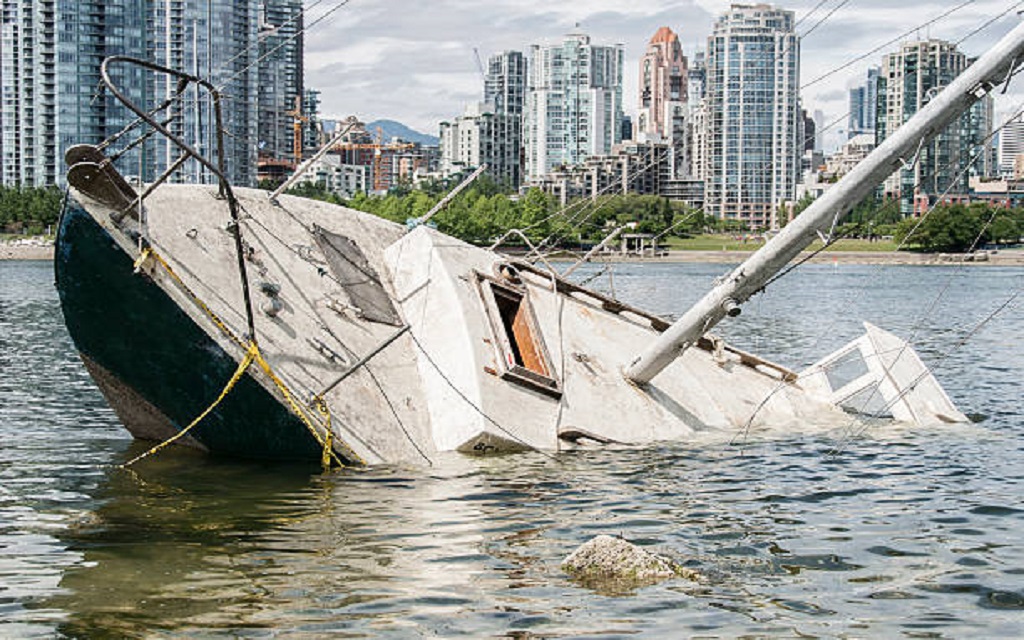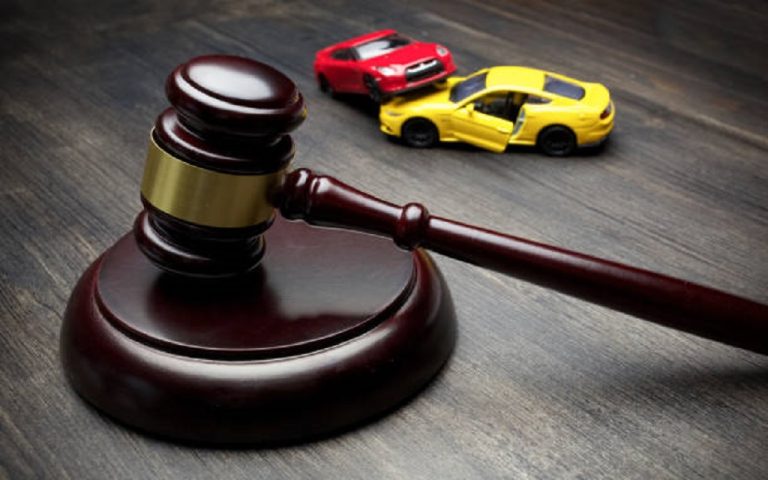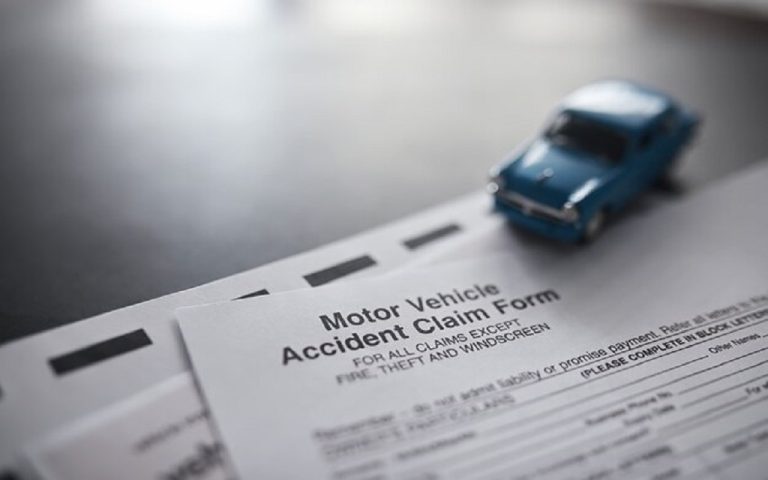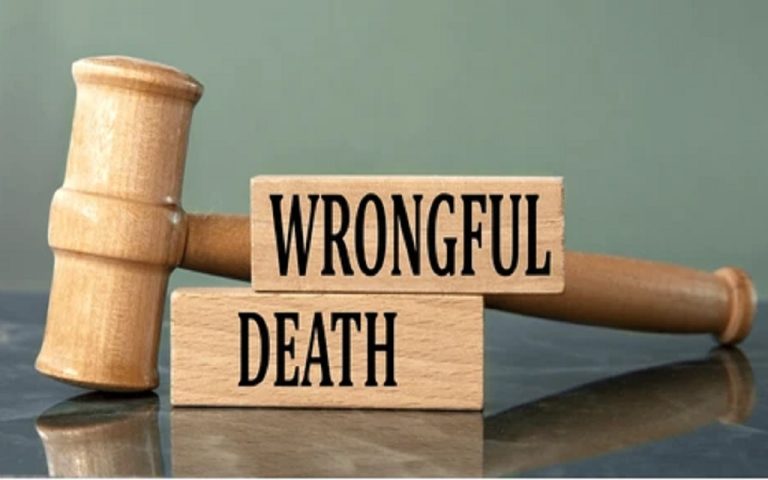Boating accidents can happen without warning, leaving everyone confused about the next steps. Clear and immediate actions protect lives, minimize injuries, and ensure compliance with legal requirements. This guide covers every essential step after a boating accident, including safety measures, documentation, and long-term planning.
1. Prioritize Safety and Assess the Situation
Your first focus should be safety. Check for immediate dangers like fire, flooding, or sinking. Assess the safety of remaining on the boat and determine whether an evacuation is required. If things get worse, use flotation devices or life jackets.
2. Check for Injuries and Provide Assistance
Evaluate everyone onboard for injuries. Offer first aid, such as stopping bleeding or treating minor wounds. Avoid moving anyone with suspected severe or spinal injuries unless necessary.
Read Also: 72 Sold Lawsuit: What You Need to Know
3. Alert Authorities Immediately
Contact emergency services or the Coast Guard. Give important information like the type of emergency, the number of people involved, and your location (if you have a GPS). Remote locations without cell service are frequently the best places for marine radios.
4. Prevent Further Hazards
Take steps to secure the area. Anchor the vessel if it risks drifting into more dangerous waters. Turn off engines and electrical systems to reduce the chance of fires. Stop fuel leaks if possible, but avoid actions that may expose you to harm.
5. Account for All Passengers
Ensure everyone on board is accounted for. If someone is missing, search the immediate area while staying safe. Deploy life rings, throw ropes, or other safety equipment to help anyone in the water.
6. Gather Evidence and Document the Incident
Proper documentation is crucial for insurance claims and legal processes. Take photographs or videos of:
- Injuries
- Vessel damage
- Weather conditions
- Locations of other involved boats or hazards
Write down details about the accident, including the time, location, and sequence of events. Witness statements from passengers or nearby boats strengthen your report.
7. Exchange Contact and Insurance Information
Cooperate with others involved in the accident. Share your name, address, and insurance details. Record their information as well. Keep interactions neutral. Avoid making statements that imply fault or blame.
Read Also: California Window Tint Law: Keep You & Others Safe on the Road
8. Understand Legal Reporting Requirements
Most states require a boating accident report if:
- A fatality occurs
- Injuries need medical attention beyond first aid
- Property damage exceeds a specific dollar amount (varies by state)
Contact the local marine authority or law enforcement to file the report promptly. Delays could lead to penalties or complications.
9. Inform Your Insurance Provider
Contact your insurance company to initiate the claims process. Share all gathered evidence, including photos and the official accident report. Be honest and accurate in your statements.
10. Seek Medical Attention for All Involved
Even if injuries appear minor, a professional medical evaluation is essential. Some injuries, like concussions or internal trauma, may not show immediate symptoms. A medical report also supports your insurance or legal claims.
11. Consult an Attorney for Legal Guidance
A boating accident attorney can guide you through complex legal matters. They protect your rights, help with insurance negotiations, and provide representation if lawsuits arise. Early legal consultation prevents costly mistakes.
12. Plan for Vessel Recovery
Coordinate with authorities and towing services to recover the boat. Avoid attempting to move the vessel yourself, especially if fuel leaks or environmental hazards are present. Follow proper procedures to avoid further damage or fines.
Read Also: Total Health Institute: Legal Concerns and Lawsuit Complaints
13. Evaluate and Improve Safety Practices
After addressing immediate concerns, review what led to the accident. Learn from the incident and consider ways to prevent future issues:
- Conduct regular vessel maintenance.
- Ensure safety equipment is onboard and up-to-date.
- Provide safety training for passengers before every trip.
14. Understand Liability and Potential Consequences
Boating accidents often involve liability concerns. The accountable party may be subject to fines, legal action, or criminal prosecution, depending on the situation. Although insurance policies typically cover damages, legal disputes may still occur. Being aware of your rights enables you to overcome these obstacles.
15. Educate Yourself on Preventive Measures
Taking steps to prevent accidents ensures safer trips in the future:
- Follow all navigation rules and local boating laws.
- Avoid alcohol or drugs while operating a boat.
- Regularly inspect safety gear like life jackets, fire extinguishers, and distress signals.
- Check weather forecasts before heading out.
- Inform someone onshore about your trip plans.
Final Thoughts
Boating accidents demand quick thinking and the right actions. Prioritizing safety, notifying authorities, and gathering evidence ensure you handle the situation responsibly. Following this comprehensive guide equips you with the knowledge to protect lives, resolve legal and insurance matters, and avoid similar incidents in the future.
FAQs
What is the First Thing You Do in a Boating Accident?
Make sure that everyone is safe. Check for injuries and assist if needed. Notify the Coast Guard or emergency services immediately, and secure the ship to stop additional dangers or damage.
When should I report an accident involving a boat?
Accidents resulting in fatalities, serious injuries, or substantial damage must be reported. For specifics, contact local authorities.
Can I be liable for a boating accident I didn’t cause?
Liability depends on negligence and other factors. Consult a lawyer to understand your rights.




